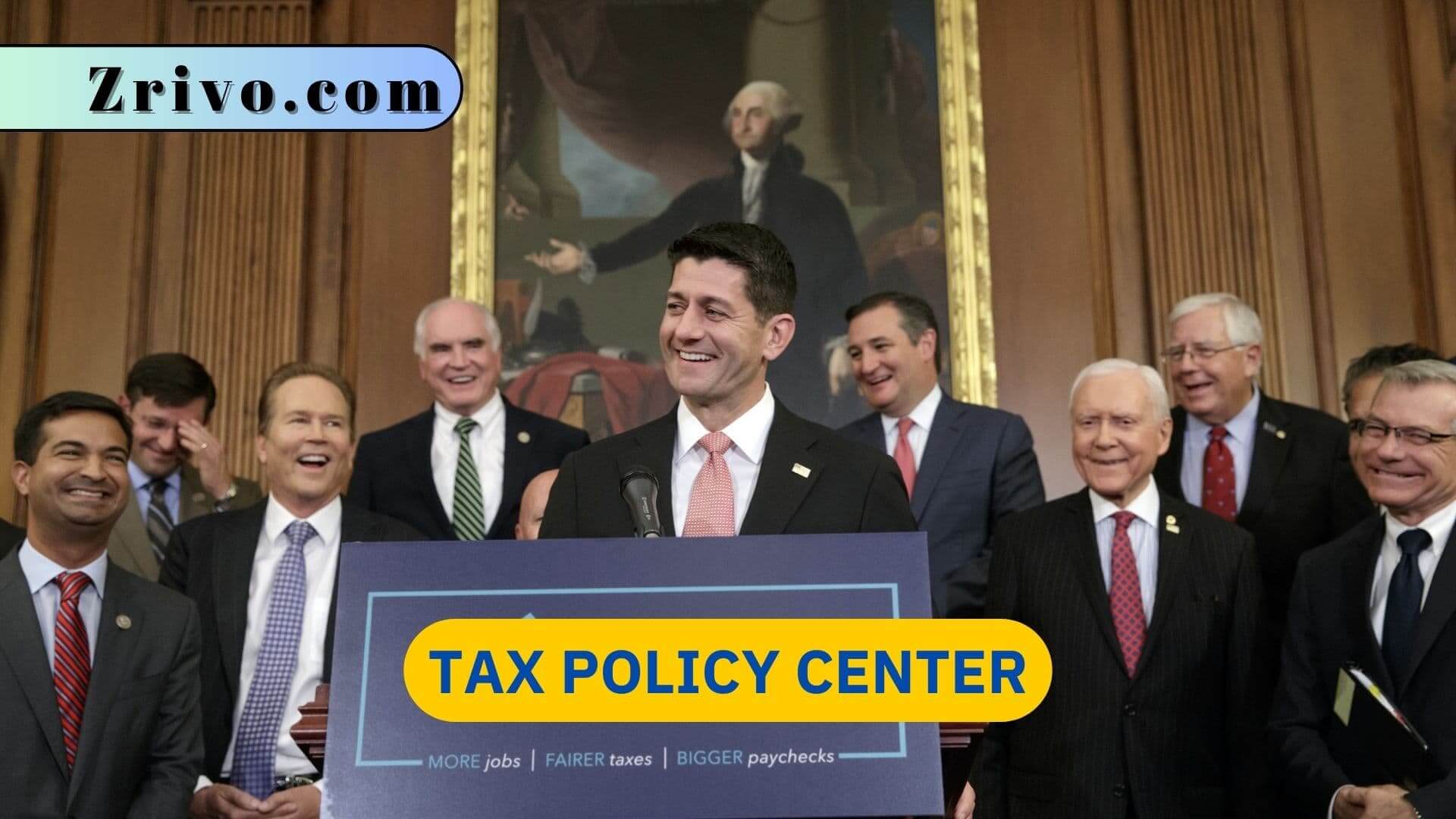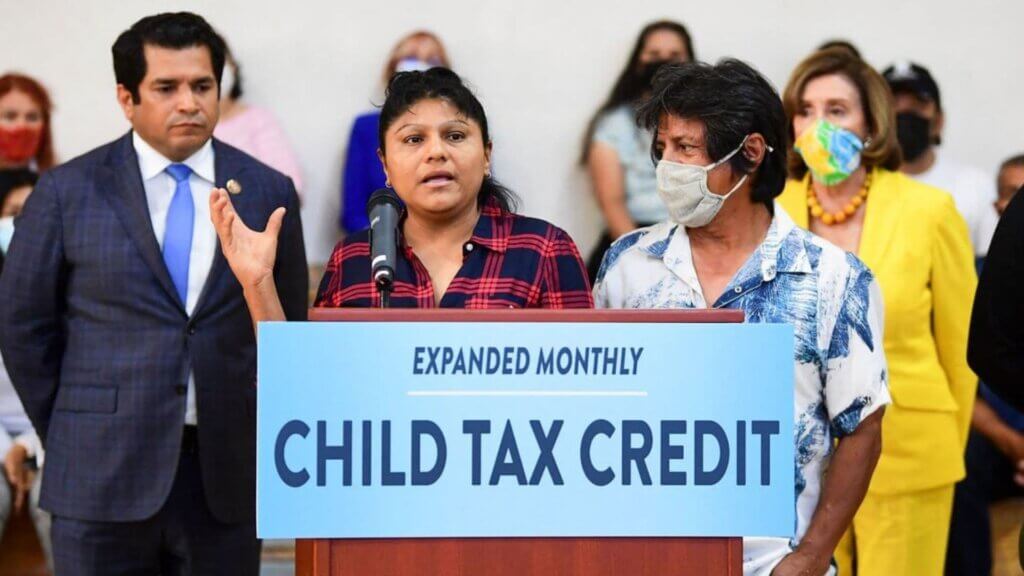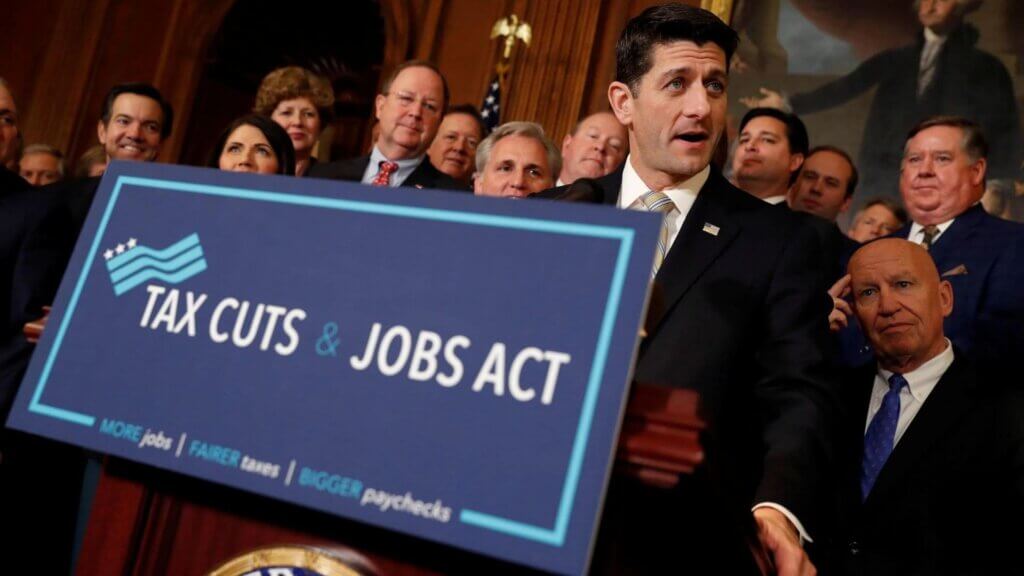
The Tax Policy Center (TPC) is a nonpartisan think tank based in the United States that focuses on providing analysis, research, and insights on tax-related issues. It plays a crucial role in shaping tax policies by evaluating their potential impact on the economy, government revenue, and individual taxpayers. This article delves into some of the key tax policy center topics, including the Inflation Reduction Act, Child Tax Credit, Tax Cuts and Jobs Act (TCJA), and the Earned Income Tax Credit (EITC). These topics have significant implications for taxpayers, businesses, and the overall economy.

Inflation Reduction Act
The Inflation Reduction Act is a proposed piece of legislation aimed at combating rising inflation rates and stabilizing the economy. Inflation is the persistent increase in the general price level of goods and services, eroding the purchasing power of consumers and reducing overall economic growth. The proposed act would seek to address inflation through targeted tax policies.
One potential measure within the Inflation Reduction Act could be the implementation of a progressive tax system. This means that as incomes increase, the tax rates also increase. A progressive tax system can help redistribute wealth, easing the burden on lower-income individuals and families, while ensuring that higher-income taxpayers pay their fair share.
Additionally, the Inflation Reduction Act might propose incentives for businesses to invest in productivity-enhancing technologies and equipment. By allowing businesses to deduct certain expenses or providing tax credits for investments in research and development, the government aims to stimulate innovation and productivity growth. These measures could lead to cost efficiencies and improved competitiveness in the market.
Furthermore, the act may explore the possibility of adjusting tax brackets for inflation. Currently, many tax systems use fixed tax brackets that do not account for changes in the purchasing power of the currency over time. By indexing tax brackets to inflation, taxpayers’ real incomes are more accurately reflected, preventing them from inadvertently moving into higher tax brackets due to inflation alone.

Child Tax Credit
The Child Tax Credit (CTC) is a tax benefit that aims to support families with dependent children. It is designed to provide financial assistance to parents or guardians, helping them meet the costs associated with raising children and promoting child welfare. The CTC has been subject to several revisions and expansions over the years, with the objective of increasing its effectiveness and reach.
The Tax Policy Center Child Tax Credit briefing book analyzes various aspects of this tax benefit. One crucial area of focus is the potential impact of an expanded Child Tax Credit on child poverty rates. By providing a more substantial credit, the government aims to reduce the financial strain on low and moderate-income families, potentially lifting them out of poverty or alleviating some of the hardships they face.
Another critical aspect of the CTC is the debate surrounding its refundability. A refundable tax credit allows taxpayers to receive the credit amount in full, even if it exceeds their tax liability. Making the CTC fully refundable ensures that low-income families, who may have limited or no tax liability, can still benefit from the credit as a direct payment.
The Tax Policy Center also examines the potential long-term economic effects of the Child Tax Credit. By supporting families and reducing financial stress, the CTC could positively influence children’s education, health outcomes, and future economic prospects. As these children grow into adults, a well-supported and educated workforce could contribute to increased productivity and economic growth.

Tax Cuts and Jobs Act
The Tax Cuts and Jobs Act (TCJA) was a significant tax reform passed in December 2017, aiming to stimulate economic growth and create job opportunities. The TCJA brought several changes to the tax code, affecting both individuals and businesses.
One of the most notable aspects of the TCJA was the reduction of individual tax rates. The act lowered tax rates for most income brackets, providing taxpayers with more take-home pay. Proponents argued that this would encourage consumer spending, leading to increased economic activity.
On the business side, the TCJA made substantial changes to the corporate tax rate. It lowered the corporate tax rate from 35% to 21%, aiming to make the United States more attractive for businesses and encourage domestic investment.
However, the TCJA was not without controversy. Critics raised concerns about the distributional effects of the tax cuts. While the legislation provided tax relief to many Americans, it also disproportionately benefited high-income households and corporations, potentially exacerbating income inequality.
Another aspect scrutinized by the Tax Policy Center was the potential impact on government revenue. The reduction in tax rates meant that the government would collect less revenue, leading to increased budget deficits. While proponents argued that economic growth would offset the revenue loss, the actual impact remains a subject of debate.
Earned Income Tax Credit (EITC)
The Earned Income Tax Credit (EITC) is a refundable tax credit designed to assist low and moderate-income individuals and families. It serves as an incentive to work by supplementing the earnings of eligible taxpayers and lifting them above the poverty line. The EITC has enjoyed bipartisan support for its effectiveness in reducing poverty and rewarding work.
The Tax Policy Center EITC research delves into potential expansions and reforms to improve the credit’s efficacy. One proposal includes expanding the EITC for childless workers, addressing the issue of individuals without qualifying children receiving limited support from the current credit. Expanding the EITC for childless workers could benefit single adults and encourage employment among this demographic.
Another area of focus is the potential age-related adjustments to the EITC. By modifying the credit amount based on age, policymakers aim to provide additional support to older workers and retirees with limited income. This could assist seniors in meeting their basic needs and reducing financial hardships in retirement.